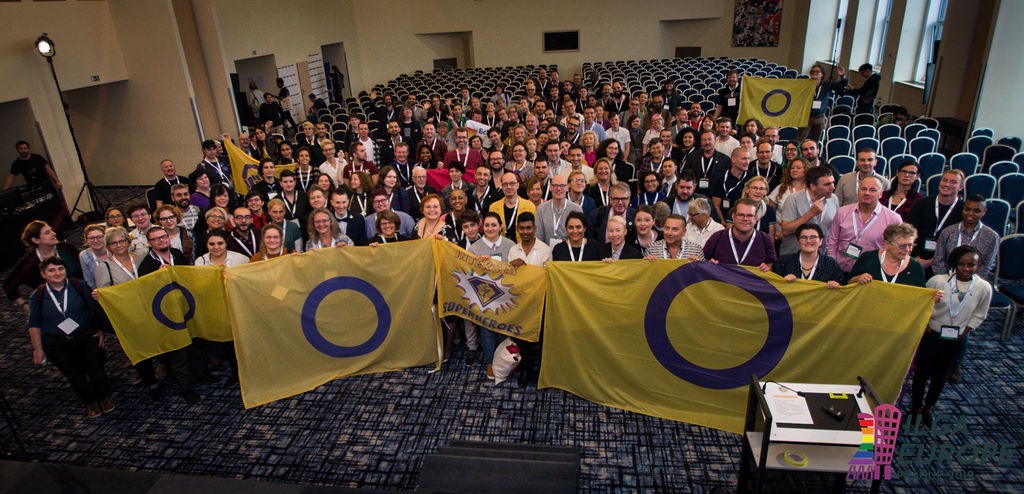Children born intersex are at risk in most European countries. Here’s why

ILGA-Europe’s Rainbow Map of the legal situation for LGBTI people in Europe has a brand-new category: Intersex Bodily Integrity. It’s an essential expansion, because in across Europe and Central Asia, intersex people, and especially children, are still at risk.
In a world where the overwhelming majority of people and governments have limited or no understanding of variations of sex characteristics, the existence of intersex people and their bodies is barely recognised. But intersex people, that is people who are born with a reproductive or sexual anatomy different from what society expects of women or men’s bodies, make up around 1.7% of the population, which is comparable to the number of people born with red hair.
Because of this lack of understanding and acceptance, healthy intersex bodies are considered to be a medical problem that needs to be fixed by surgical, hormonal, other medical and sometimes psychological means. Intersex people face human rights violations, including having their bodily integrity compromised as infants, when doctors decide to ‘fix’ them.
Published in May 2022, ILGA-Europe’s Rainbow Map and Index annually ranks 49 European countries on their respective legal and policy practices for LGBTI people. Although ILGA-Europe has been monitoring intersex genital mutilation for some time now, and advocating on behalf of intersex people, this year we’ve introduced an Intersex Bodily Integrity category, expanding the issues that we monitored previously, covering the different issues the heading captures.
The Map finds that only Germany and Iceland have joined Malta, Portugal and some regions in Spain in banning medical interventions on intersex children before they are able to give informed consent. This means that in these countries and territories medical practitioners or other professionals are prohibited by law from conducting any kind of surgical or medical intervention on an intersex minor when the intervention has no medical necessity and can be avoided or postponed until the person can provide informed consent. However, in all cases, these bans have serious shortcomings, including that they include exceptions for certain conditions and do not provide universal protection.
Alongside, ILGA-Europe’s Annual Review of the Human Rights Situation of LGBTI people in Europe and Central Asia, found this year that Austria, Cyprus, Belgium and France have tabled prohibition proposals.
Not one of the 49 countries analysed in the Rainbow Europe Map have been awarded points for the other three criteria under Intersex bodily integrity category: universality of prohibition of medical interventions; existence of effective monitoring mechanisms; and access to justice for victims and reparations. Not even Malta, which occupies the top position on the Rainbow Europe Map for the seventh year in a row, has been awarded points.
However, according to OII Europe, the only intersex-led umbrella organisation working for human rights of intersex people in Europe, there are reasons for hope. “We are observing a growing will among European governments to combat violence against intersex persons”, said Dan Christian Ghattas, Executive Director of OII Europe in the launch of their 2021 Good Practice Map.
Intersex people exist in every country in the region and the world and they must be protected by legislation and policy makers so they can live freely, safely and equally in our societies. If governments take the right steps, the Rainbow Map can look differently for intersex people next year.